
Lot 634
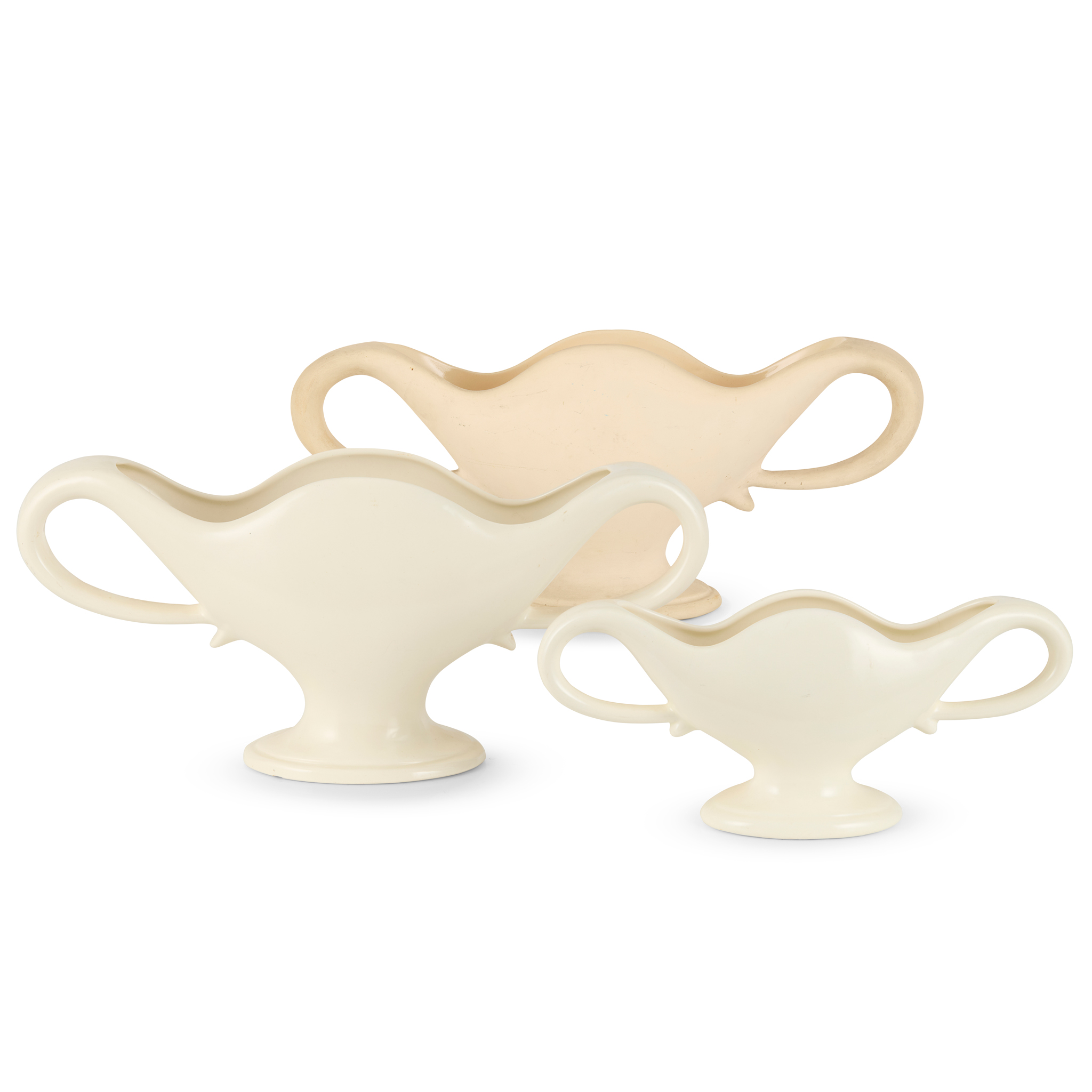
WILLIAM JOHN MARRINER (1881-1967) FOR FULHAM POTTERY
GROUP OF ALBER WARE 'FMA' FLOWER VASES, DESIGNED 1936-7
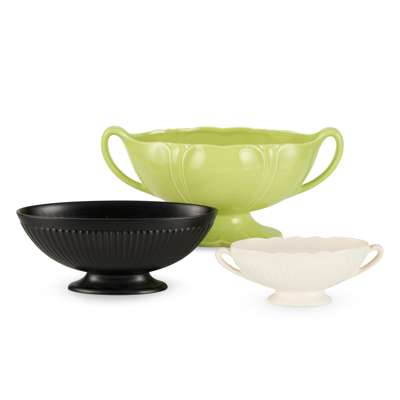
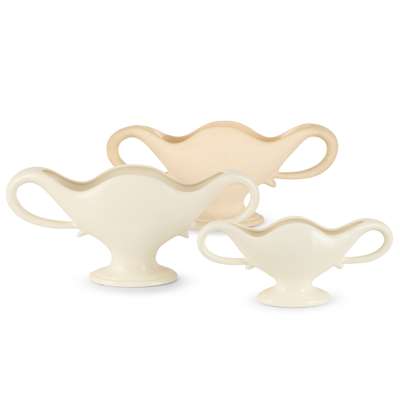


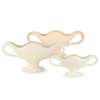
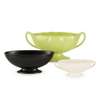
Auction: Day Two inc FL Griggs : A Cotswold Legacy | Lots 334 to 654 | Thursday 16th October from 10am
Description
white-glazed and unglazed earthenware, comprising an UNGLAZED FMA2 VASE, glazed to the interior, impressed and incised FULHAM POTTERY LONDON/ FMA2, 43cm wide; and GLAZED FMA2 and FMA3 VASES, printed marks THE POTTERY/ FULHAM, 42cm and 31.5cm wide; together with a BESWICK FLOWER VASE, impressed BESWICK ENGLAND 1187, 33cm wide; a WEDGWOOD FLOWER VASE, printed and impressed maker's marks, 26cm wide; and a GOUDA FLOWER VASE, printed maker's marks, 21.5cm wide (6)
Footnote
Literature: Peart T. The Fulham Pottery 1932–1965: A return to ‘artistic’ production, DAS Journal 32, pp. 100-125.
In the mid-1930s, Constance Spry’s floristry company gained prominence for its innovative, asymmetrical arrangements using both exotic flowers and local materials. Her designs required wide-mouthed, neutral-coloured vases, prompting her assistant Florence Standfast to create bespoke papier-mâché and ceramic forms for commercial production. These early vases, characterized by matt surfaces and generous proportions, influenced the subsequent development of 'Alber Ware' at Fulham Pottery. Responding to rising demand from Flower Decorations Ltd, the Pottery adapted press-moulding techniques to produce a durable, kiln-stable range. Introduced in 1937, Alber Ware drew on classical and decorative precedents but prioritized manufacturability, stability, and minimal finishing, distinguishing it from Standfast’s original designs. The similarity to Spry’s vases facilitated adoption by amateur flower arrangers, while wider availability and lower cost ensured commercial success. Alber Ware remained in production until 1962, exemplifying how Spry’s aesthetic and practical requirements catalysed an enduring British ceramic line.





